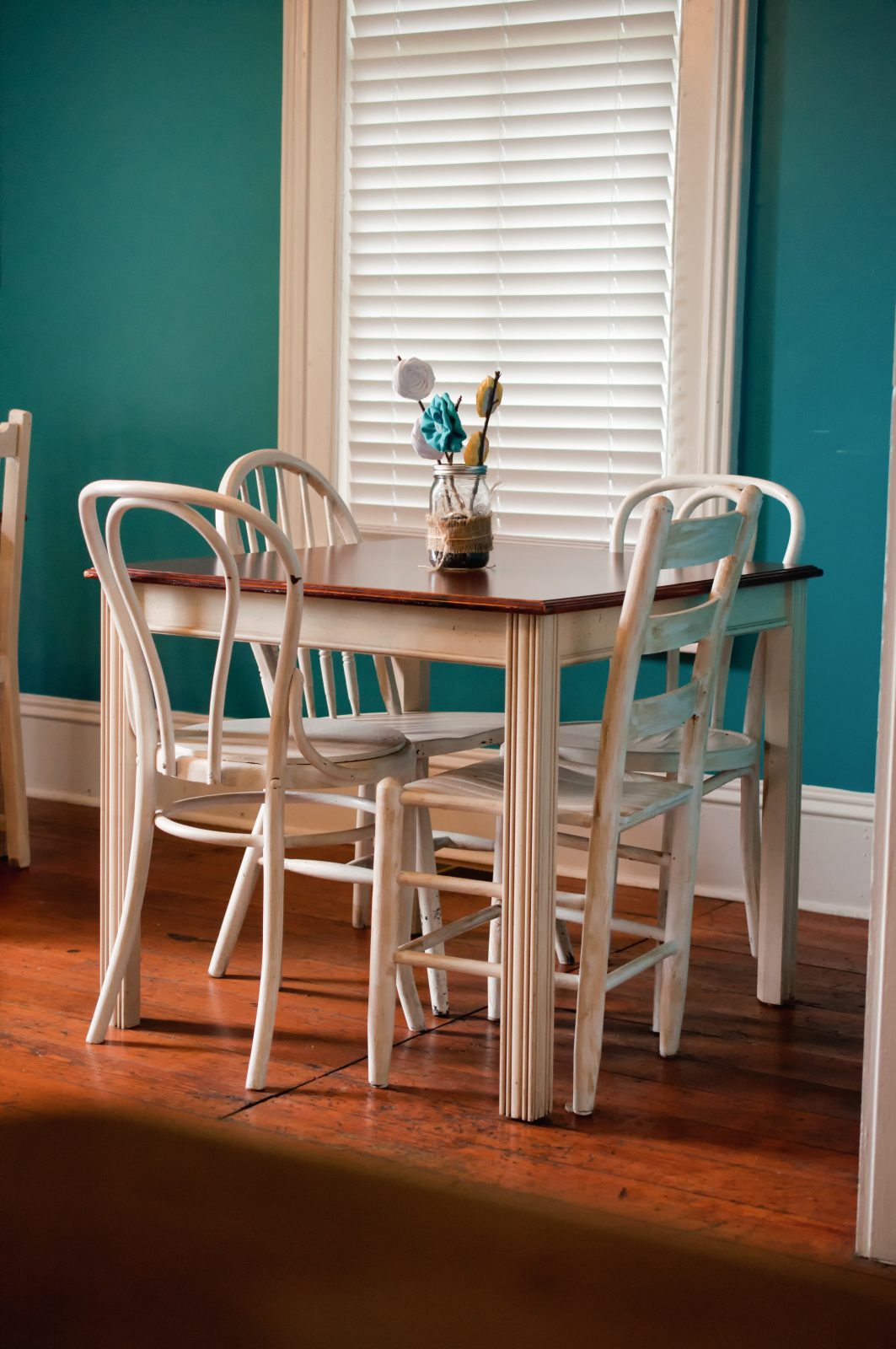Some key points of the UfYH system.
•UfYH uses a system I call 20/10s. It’s 20 minutes of cleaning followed by a ten-minute break. This interval is totally adjustable! If 45/15s or 60/20s or 5/45s work better for you, do that instead! Everything in this system is flexible.
•20 minutes is not as long as you think it is. Marathon cleaning sessions (top to bottom, everything all in one go), while satisfying, are exhausting and make you never want to clean ever again. 20 minutes at a time, once or a few times a day, is a sustainable way of keeping your habitat unfucked.
•DON’T PUT IT DOWN, PUT IT AWAY. Probably 75% of our mess is made up of things we didn’t put away. Whether it belongs in a drawer, in the closet, in the trash, or in the cabinet, make sure it finds its way home. This is critically important in two areas, especially: laundry and the dishes. Doing laundry and doing the dishes are not difficult tasks, but most of us give up before the “putting it away” step. Don’t. As soon as it’s done, everything goes back to its home.
•Most of the rest of our mess is because we have too much stuff and not enough places to put it. There are two solutions: less stuff, or more storage. Less stuff is, in the long run, almost always the better solution.
•Aim to reach Sink Zero (all dishes in the sink/on the counter washed or in the dishwasher, all clean/dry dishes put away) once a day. If that feels too daunting, do what you can. Sink Zero is, by its very nature, fleeting, so focus on getting there, not necessarily staying there.
•When your flat surfaces are clear, you feel like you’re making serious progress. Counters, tables, dressers, nightstands, etc. Try it.
•YOU DO NOT HAVE TO UNFUCK EVERYTHING ALL AT ONCE. In fact, you shouldn’t. That’s how burnout happens. One thing at a time.
•TAKE BREAKS. It’s important for your state of mind. You can integrate cleaning into everything else you do. It doesn’t have to be all-or-nothing.
•You can only change your own habits. If you’re dealing with roommates or spouses or kids or parents who aren’t on board, the best you can do is tell them what you’re doing (trying to keep ahead of the mess), and ask them to help to not make it worse. Getting passive-aggressive or resentful because other people aren’t playing along only hurts you, and it’s not good for your brain.
•A little effort now saves you a lot of work in the long run. That’s why I advocate getting your stuff together at night for the next morning. That’s why I like dumping some cleaner in the toilet or tub or sink and letting it start to work while I do something else. That’s why taking the extra five seconds to wash your fork or put it in the dishwasher will always be a good idea.
•Do you have excuses or reasons? There are plenty of legitimate reasons why cleaning is difficult (disabilities, chronic pain, etc.), and plenty of excuses that we try to convince ourselves are reasons. Be honest with yourself about which is which.
I encourage anyone who has limitations to modify challenges, suggest alternatives, and, above all, put their health first. If you can only do five or three minutes of unfucking, that’s worth celebrating. If you accomplish something that’s been modified so you can do it seated or in shorter stages, that’s great, too!
Most importantly: do what you can. Some days, this might not be as much as you’d hoped. That’s OK. Even tiny progress is still progress, and small but consistent change is more important than overnight miracles. You can do this.

